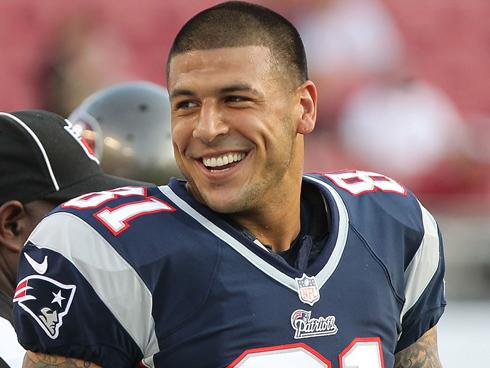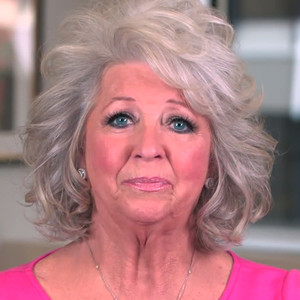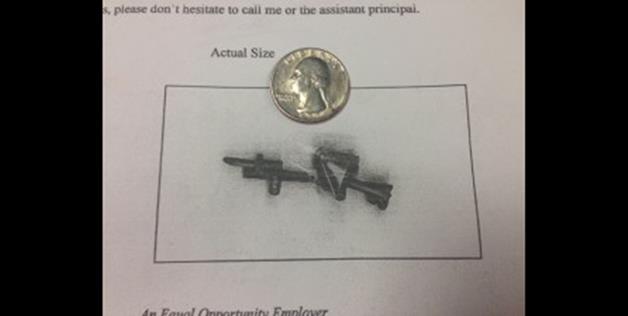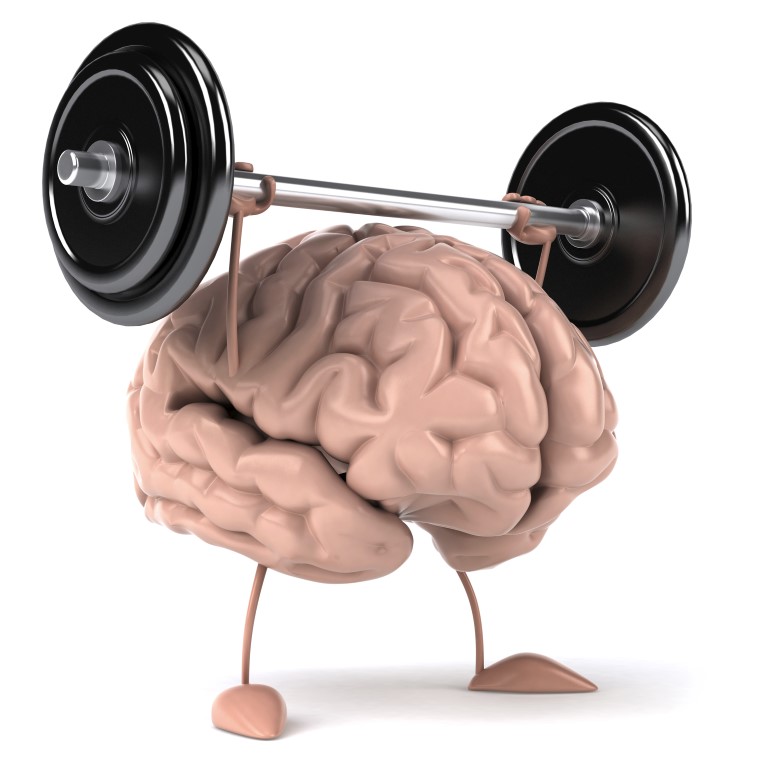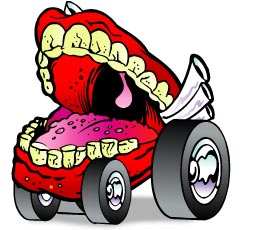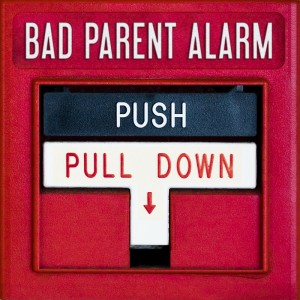Update April 15, 2015: Hernandez has been convicted of murder and sentenced to life in prison with no chance of parole.
A lot of jokes are making the rounds after the arrest of former New England Patriots tight end Aaron Hernandez on first-degree murder charges. It’s human nature to do this sort of thing. But it’s also sad.
Mood music:
http://youtu.be/1e3m_T-NMOs
One of the more popular jokes had to do with Hernandez switching from tight end to wide receiver, a reference to prison rape.
This is how we can get when the mighty fall. In Hernandez’s case, we have a football star making millions of dollars, living in a mansion and seemingly having life by the balls, only to piss it away by allegedly murdering someone. Hernandez is charged with first-degree murder and faces five firearms charges. According to prosecutors, he drove his friend, 27-year-old Odin Lloyd, to an industrial park in the middle of the night and orchestrated Lloyd’s murder. Hernandez was said to be enraged after a fight at a nightclub three nights earlier.
If he did indeed murder his friend, Hernandez should suffer the consequences, possibly by spending the rest of his life in prison. That’s as it should be. But there’s a lot about this case we don’t have the details on, and we seem to forget that in America, we are innocent until proven guilty.
Life is hard and we all stumble through it, no matter how successful we are. So when someone who has achieved greater success than the rest of us goes down in flames, we tend to find comfort in it.
What we often forget is that we’re all constantly inches away from that one bad decision that can lead us to ruin. I’ve made a lot of bad decisions in life and paid for them all, though it has almost always involved me hurting myself. Some of us abuse and kill ourselves. Others kill someone else.
Of course, it takes a special kind of bad to snuff out someone else’s life, and when that person is atop the world as Hernandez, the shock and disappointment are sharper. No one likes to see their heroes fall. So the harsh judgments come, wrapped in bad jokes.
It’s a shame that we get this way.
I won’t lie: I’ve made the jokes when the mighty have fallen. I’ve laughed at a lot of them when made by others. When Paris Hilton faced jail time a few years ago, a lot of similar prison jokes were made and I chuckled at them.
But more recently, I’ve tried to be better than that. Maybe that makes me a little more self-righteous about the Hernandez jokes than I should be. But there it is.
Ultimately, my hope is simply that those hurt by this case — friends and family of Hernandez and Lloyd — will get the help and support they need in what must be an exceedingly difficult time.
